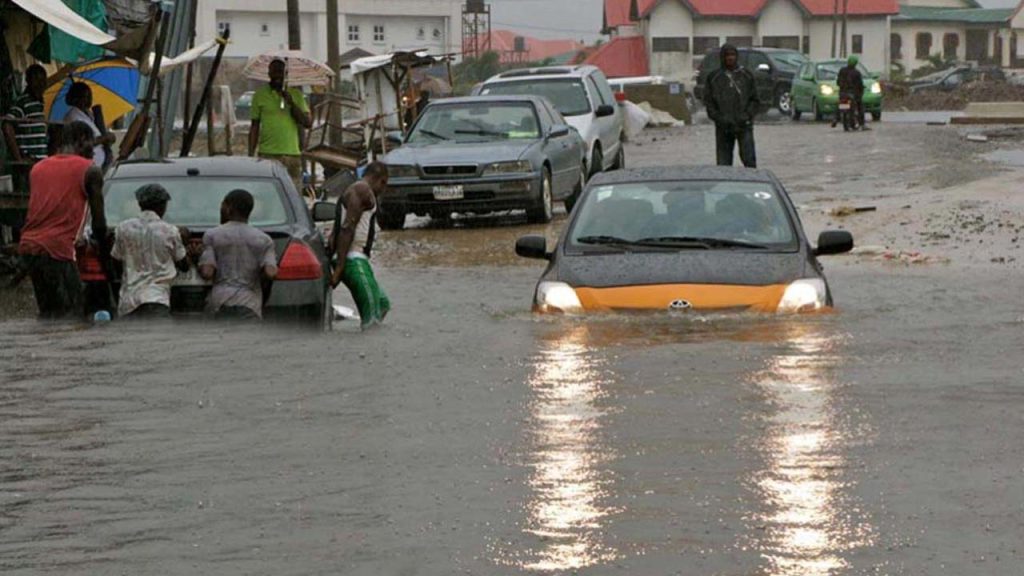State governments have been called upon to clean up their drainage systems, construct more drainages as well as sanction those flouting the building codes, as this is necessary to prevent disasters. The Nigeria Hydrological Services Agency (NIHSA), gave this advice while addressing newsmen in Abuja on the Cameroonian Authorities’ decision to shut down the spilling of excess water from the Lagdo Dam. The Director-General of NIHSA, Clement Nze, said there was no cause for alarm over possible flooding in Nigeria.
He noted that severe flooding with attendant damage and deaths could be minimised when relevant authorities take responsibility through preparedness as well as ensure that Nigerians do not build on flood plains. Speaking on the release of water from Lagdo Dam, he said the release of excess water was a normal reservoir operations to forestall possible collapse of the Dam. He stated that water releases are integral to safeguarding dam integrity and mitigating flooding in adjacent communities. According to him, “The Lagdo Dam is located on the Benue River in the Niger Basin. The Cameroonian authorities commenced release of excess water from Lagdo Dam by 10.10am on August 14, 2023.
“The release of water from the dam commenced at the rate of 200 cubic metres per second, which is about 18 million cubic metres of water per day. By 25th August, 2023, the water releases from the reservoir have reduced to 50 cubic metres per second, which is a normal reservoir operations and far negligible to cause any flooding downstream. “However, by 5.16pm, 28th August, 2023, the Hydrologist-in-Charge of the dam notified the Director-General of NIHSA that they stopped spilling water by 11.00am that same yesterday”.
Speaking further he stated that the agency would continue to monitor water flows in Rivers Niger and Benue, adding that readings by the Agency showed no threat of floods. However, he warned that flood occurrences in major parts of the country and coastal areas would be largely due to excessive rainfall and flash flooding, occasioned by climate change. He, therefore, urged states to complement Federal Government’s efforts by sensitising the populace on flood disaster prevention, saying that the Federal Government cannot do it alone.



